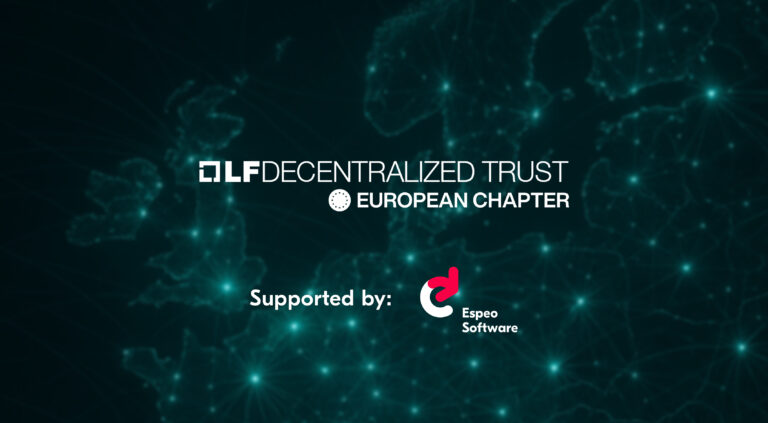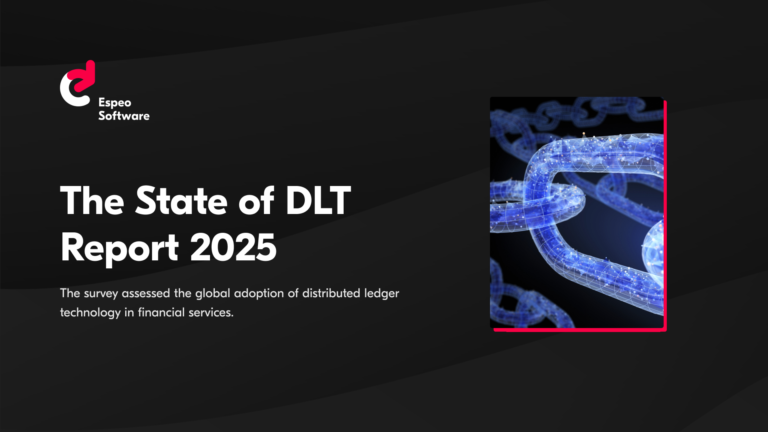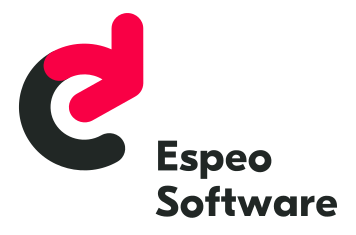Blockchain in emerging markets promises to drive down to the cost of remittances and trade finance, improving financial inclusion for many of the world’s nearly two billion people currently without a bank account.
One thing that categorizes developing countries is inadequate access to banking. Individuals and small businesses would like greater access to financial services currently unavailable trough traditional finance. High levels of mobile coverage and new disruptive payment apps such as Bitpesa offer new solutions.
Blockchain technology is a digital, distributed, immutable transaction ledger that eliminates the need for intermediaries. By doing so, it provides several opportunities for cost savings while opening new market segments for existing financial institutions and new players alike.
While developed markets experience exponential growth and advancements, the chances of emerging markets competing fairly with them on a global scale seem bleak sometimes. Nevertheless, the introduction of blockchain in emerging markets has reopened the prospects of a revival in these nations. Some of blockchain’s use cases can improve payments in developing countries by reducing remittance costs, enhancing financial inclusion, and eliminating corruption loopholes.
But before that, let us briefly discuss how blockchain technology drives efficiency in existing businesses and how it creates new markets in developing countries.
How blockchain drives efficiency in existing businesses
Much of the attention surrounding blockchain technology is from developed countries, especially in the payment sector, where the technology will likely have a significant impact because of its power to minimize payment costs. This has led some to reassess micropayments as a viable model, for example.
As a result, distributed ledger technology is heavily linked with financial institutions that deal with process efficiency services. These companies have started using blockchain-based solutions to solve specific issues or improvements in their business models, such as data reconciliation, supply chain tracking, clearing, and internal settlements.
Meanwhile, some international banks and financial intermediaries have partnered with blockchain firms to explore applications that apply to their business models and learn how this revolutionary invention may improve their legacy infrastructure. They are also considering consortia to leverage development and potential transition expenses and to raise the standard of blockchain technology.
Many corporate projects so far have embraced private blockchains, such as the Linux Foundation’s Hyperledger Fabric, as companies try to weigh the pros and cons of the revolutionary technology and retain the integrity of their existing business models.
The Post-Trade Distributed Ledger Group brings together international banks, custodians, central security depositories, and central banks from all over the world to share information and concepts on how blockchain technology can positively influence the post-trade landscape.
Creation of new markets
Blockchain is a disruptive technology that can re-engineer economic models and facilitate the creation of markets and products that were formerly nonexistent or unproductive. Most of these new market prospects are related first to its offer as an alternative to fiat currency, solving issues of currency inflation and political instability. Second, its power to achieve a digital identity in a fast and cost-effective way improves financial inclusion of previously underserved markets.
Blockchain technology also creates opportunities for startups and established businesses form non-financial sectors with a strong consumer base, like telecommunications or e-commerce establishments. Such players are rapidly innovating to create new business models and services, and are transforming the value chain landscape and challenging banks.
These initiatives have mostly originated from established markets, targeting developing countries directly or indirectly. Though they are not entirely based in developing countries, the best-funded ones are from developed markets for now.
A considerable chunk of the total venture capital has been invested in the digital wallet and capital market service segment. Regardless of their source, these startups are targeting the economic activities of emerging markets, such as remittances and trade finance.
This is an exceptional phenomenon, implying that developing countries can be reasonable testing grounds for new ventures, where high demand for financial inclusion and relative inadequacy of infrastructure can speed up the use of new technologies — particularly blockchain. The prospect of outspreading banking services in such markets is high, with two billion adults lacking access to financial and credit services globally. Cross-border payments and remittances are a case in point: it has a market value of over $4 trillion with transaction charges that range from 5% to 30%.
How blockchain in emerging markets can improve payments
Minimizing Remittance Costs
Citizens of developing nations who have migrated to developed countries for work drive the international remittance system. Time and again, these individuals send money to their families and friends back home using financial intermediaries such as Western Union, PayPal, MoneyGram, Payoneer, etc. These intermediaries impose high transaction charges.
According to the World Bank’s latest Migration and Development Brief, remittances to developing countries hit a record high in 2018. The recorded remittance to emerging markets in 2018 was $529 billion, an increase of 9.6% from 2017. The brief also revealed that the global remittance fee for Sub-Saharan African countries was an average of $20 per $200, which was the highest in the world.
With the emergence of cryptocurrencies, the cost of remittances can be considerably lower. While Bitcoin remains the largest cryptocurrency by trading volume, it can be difficult and unpredictable to use for remittances. Stellar meanwhile offers faster transactions and low fees making it ideal for remittance systems.
Already, there are several platforms using blockchain in emerging markets in Africa and Southeast Asia that support cross-border and peer-to-peer payment solutions, like BitPesa.
BitPesa is a blockchain firm offering foreign exchange and business-to-business crypto-based payment services in Kenya and many parts of East and Central Africa. The startup has managed to leverage the existing financial models by partnering with the M-Pesa mobile money network, a subsidiary of Telecom Company Safaricom and provider of mobile payments and significant incumbent player (almost three-quarters of Kenya’s adult population have an M-Pesa wallet).
Improving financial inclusion
Low financial inclusion is a significant problem in developing countries. According to the World Bank, there are over two billion people globally without a bank account, and a big percentage of this number comes from developing countries. In nations like Pakistan, Chad, Somali, Burundi, Niger, Yemen, and Cameroon, less than 15% of the adult population has access to banking services. Even those with bank accounts lack access to premium banking services, so they qualify as unbanked. The lack of access to banking services prevents them from partaking in global commerce.
With crypto services like BitPesa in Kenya, BitSpark in Hong Kong, OkCoin in China, OkLink in India, Rebit, and Coin.ph in the Philippines, billions of the unbanked population have access to financial services through cryptocurrencies. These startups are providing crypto banking services via mobile phone applications. The telecommunication industry has been able to attain a higher market penetration compared to the banking industry.
These blockchain-based companies are capturing the existing widespread use of telecoms to deliver their services to unbanked and underbanked people. The eventual result is better financial inclusion.
Besides, there is also an added advantage of empowering small and medium-scale businesses. Local merchants can tap into global trade. Financial institutions in developing countries are reluctant to offer loans for small-scale enterprises even when appropriate collaterals are in place.
With blockchain, platforms like BitPesa and OkLink can provide crypto-backed loans to small and medium scale businesses. This will go a long way in getting them started in foreign trade, which is an integral part of national commerce.
Another feature of financial inclusion that many developing countries face is the lack of global payment systems. International commerce is mainly denominated in US dollars, and it calls for specialized payment and documentation systems. This is an obstacle for many merchants in these countries as they lack access to foreign exchange and the means to send and receive money in foreign currency.
BitPesa is championing the provision of solutions to these issues across Africa. In Indonesia, TenX has a digital wallet that enables users to receive Visa card payments.
Eliminate corruption loopholes
Corruption is one of the significant issues facing developing countries. The absence of economic democratization and corrupt officials has created a framework that has left the mutual prosperity of these nations at the mercy of a few individuals. The middle-class has shrunk, and over 70% of the people survive below the poverty level.
In emerging markets, misappropriation of government funds by corrupt officials is a significant issue. Refusal to adhere to project contracting best practices leaves state projects to be run by groups that channel the allocated funds to their pockets. The use of digital currencies, particularly those embracing smart contracts, will enable a more transparent contract system. With blockchain records being accessible to everybody, citizens will be able to track the way their funds are being used.
Conclusion
Blockchain in emerging markets will lead to lower remittance costs, better financial inclusion, and put an end to corruption loopholes. Driven by high demand, especially in catering for the needs of financially excluded markets, and a hedging plan through cryptocurrencies in situations of currency inflation and political instability, blockchain technology appears ripe for adoption. It will undoubtedly be interesting to see to what extent emerging markets apply blockchain solutions to the problems facing them.
Related posts:





